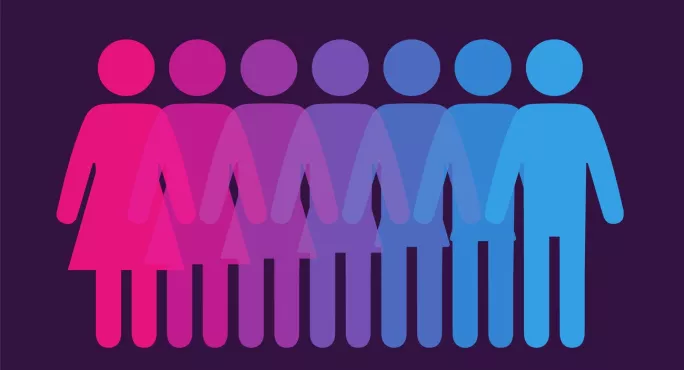On her recent visit down under, the Duchess of Sussex commented on how much she had benefited from attending an all-girls school, describing her experience as “empowering”. While it is not always (or ever) a great idea to use the royal family as a touchstone (Philip on political correctness, Andrew on business expenses or Beatrice on haberdashery), it is surely of more than passing interest that someone who has otherwise captured the zeitgeist so completely took the trouble to endorse an educational model that is no longer the norm.
Heads of (usually boys’) schools that have gone co-ed sometimes try to portray themselves as having their finger on the pulse of modern mores, subtly or not so subtly characterising single-sex schools as behind the times. But protagonists on both sides of this apparently clear divide agree on the need to ensure that all young people are prepared for a gender-equal society in which individuals have the same opportunities. They don’t differ on ends, but it is striking that, on closer inspection, they don’t differ much on means, either.
There is a lot of loose talk about the need for “gender blindness” ostensibly to reflect and reinforce society more generally. The title of the 2017 BBC programme, No More Boys and Girls: can our kids go gender free?, was misleading; Dr Javid Abdelmoneim was essentially advocating treating boys and girls differently - but counterintuitively. Put simplistically, girls were taught to be braver; boys to get more in touch with their feelings.
It follows that separating boys from girls is not a different and opposite model, but a logical extension of the argument (and the evidence) that boys and girls are subject to stereotypes and gendered expectations; and that to prepare them for a world in which they are all equally empowered, these differences need to be addressed (and opposed) frankly and explicitly, not brushed under the carpet.
As Margrét Pála Ólafsdóttir, radical-feminist founder of the Hjalli schools in Iceland, has argued, “the best way to get closer to equality is to admit the differences”. The strategies adopted in these schools, in which boys and girls of elementary school age are taught separately for much of the day, bear a striking similarity to the approaches advocated by Abdelmoneim.
Successful strategies aimed at undermining socially constructed gender differences recognise the need to deal differently with boys and girls from an early age. The concept of gender blindness is a non-starter for anyone seriously seeking to embed dispositions towards gender equality and empowerment.
Speaking about the Markle memorandum, journalist Susie Mesure observed that, “weirdly, at an all-girls’ school, stereotypes aren’t something you need to worry about much because everyone is an individual”.
But why use the word “weirdly” to describe a common-sense correlation? It makes perfect sense to equate all-girls’ settings with the disruption of stereotypes because, while equality aims are not unrealisable in a co-ed context, they are more straightforwardly achieved in a single-sex setting - a point made forcibly in a university study of those Icelandic schools: students who had attended the schools had “increased gender-equality awareness”, including the conviction that parents should bear equal responsibility for family and home-related duties.
Kevin Stannard is director of innovation and learning at the Girls’ Day School Trust. He tweets @KevinStannard1




